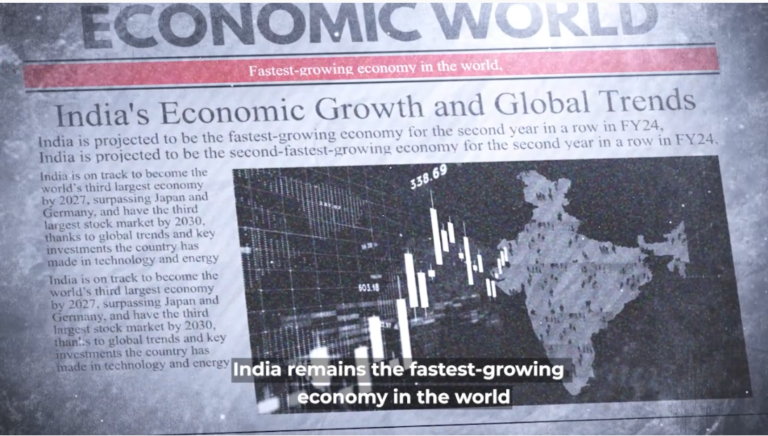April Economic Growth Stalls After Strong Start to 2024
Britain’s economy didn’t show any growth in April, which was a letdown after a promising start to 2024. Economists had expected this flat performance, partly blaming the rainy weather for the slowdown. The Office for National Statistics reported that the Gross Domestic Product (GDP) remained unchanged in April following a 0.4% increase in March.
Labour Market Trends: Employment Drops and Unemployment Rises
Adding to the economic concerns, recent labor market data indicated a decrease in employment and an increase in unemployment. However, there was a silver lining with continued strong wage growth. This mixed bag of economic signals has become a focal point for political debate.
Labour Party Attacks Sunak’s Economic Claims
Rachel Reeves, poised to become the finance minister if the Labour Party wins the upcoming election, seized the opportunity to challenge Prime Minister Rishi Sunak’s optimistic pre-election claims. She highlighted the stagnant economy as a counterpoint to Sunak’s assertions of a turnaround.
“Rishi Sunak claims we have turned a corner, but the economy has stalled and there is no growth,” Reeves declared shortly after the figures were released.
Election Dynamics: Labour Leads in Polls
Opinion polls suggest that the Labour Party, led by Keir Starmer, is on track to win the national election on July 4. They hold a substantial lead of about 20 points over the incumbent Conservatives. This puts the current government under pressure to defend its economic record.
Sunak’s Economic Growth Argument
Despite the flat growth in April, Sunak can still highlight the strong economic performance earlier in the year. The 0.4% growth in March shows that the economy has potential, though maintaining that momentum is crucial.
The Impact of Weather on Economic Activity
The rainy weather in April played a significant role in the economic stagnation. Bad weather can dampen consumer spending and disrupt various sectors, from retail to construction. This underscores the economy’s vulnerability to external factors.
Wage Growth: A Silver Lining
Despite the broader economic challenges, wage growth has remained robust. This indicates that, while job numbers have fluctuated, those employed are seeing their earnings rise, which could help support consumer spending in the long run.
Labour’s Economic Vision
If Labour wins the election, Rachel Reeves has promised a different economic approach. Her criticism of the current government suggests that Labour will focus on addressing both immediate economic concerns and long-term growth strategies.
Conclusion: Political and Economic Uncertainty
As the election approaches, both the economic data and political narratives will play a crucial role in shaping public opinion. The stagnant GDP in April has given the Labour Party ammunition to criticize the government’s economic policies, while Sunak’s team will aim to highlight earlier successes and future plans.
In this climate of uncertainty, the upcoming election will be pivotal in determining the direction of the UK’s economic policy. The voters will have to decide which vision they trust to navigate the country through its current challenges and into a prosperous future.


